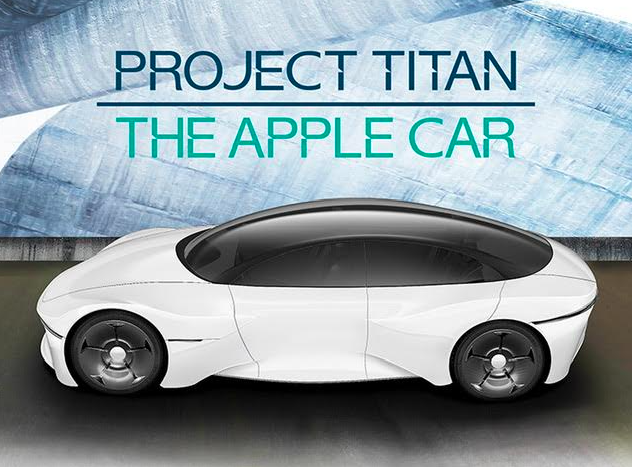Apple’s Project Titan
Apple, an industry leader in technology, is reportedly in the works with its automotive partner Hyundai-Kia. Plans are being made to develop an autonomous electric vehicle. Apple is relatively secretive in regards to products and initiatives in progress, but this isn’t the first time this project, known as Project Titan, has been reported on. Multiple reputable sources involved in the negotiation process have confirmed that this is veritable and grounded, and the two companies are close to striking a deal to start production, which would start in 2024. Apple becoming a competitor in the automotive industry would result in fundamental changes in the dynamic of the industry, widening the potential for other technology companies to try to expand, in turn taking some market share in the quickly growing electric vehicle sector.
A big factor that would contribute to the car’s ability to compete with market dominators such as Tesla would be the integration of Apple technology into the infrastructure of the car. The digital aspects of the car would all be linkable to other external Apple devices a consumer would own, and considering this, almost all of their potential customer base would be Apple users. Their already-existing Apple CarPlay technology gives them an edge over competitors, as well as other resources, such as cash, brand name, automotive partners/connections, and marketing edge that Apple has would substantially contribute to a potential market of non-Apple users, in addition to traditional Apple-purchasing consumers.
The question arises in regards to whether or not Apple would be able to enter such a complex industry smoothly. The automotive industry is competitive, as well as highly reliant on capital, which could prove to be a problem for Apple. Their current business model isn’t suited to produce high-cost automobiles, which also have lower margins than the traditional electronics that Apple produces. Tesla’s net profit margins average out at around 19%, in comparison to Apple, whose profit margins on iPhones alone is 35%. This could prove to be problematic from a financial standpoint, as Apple would have to reorganize its cost-structure to compensate for the capital and assets used to develop its vehicle, as well as its production. The production facilities, which are expensive both to build and maintain, would also result in a setback of the amount of capital Apple could put into its existing product portfolio. In order to compete with Tesla, which is planning on constructing a $4.4 Billion facility, Apple would have to reserve a substantial amount of its $57.4 billion dollar profit in 2020 just to construct one, up to par production facility. This, in addition to the additional operating costs, which were nearly $1 Billion for potential competitor Tesla, would also result in the necessity for financial adjustments.
Project Titan would be an ambitious attempt by Apple at appealing to a growing target market, but the actual transition into the automotive industry could be difficult to optimize as well as operationalize. If they are successful, a paradigm shift in the automotive industry could very well occur with the involvement of tech companies, who are taking advantage of their existing infrastructure and hopping on the EV train.










